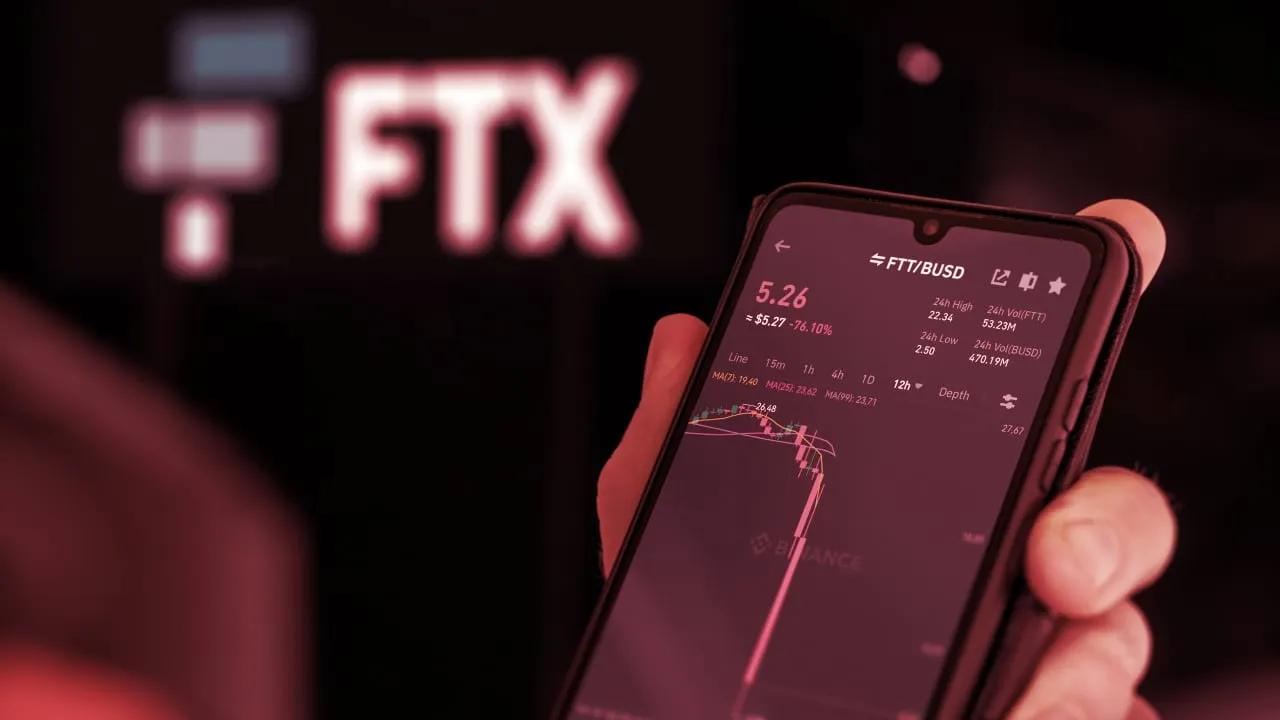
Full disclosure: Binance never shorted FTT. We still have a bag of as we stopped selling FTT after SBF called me. Very expensive call. https://t.co/3A6wyFPGlm
— CZ 🔶 Binance (@cz_binance) November 14, 2022
Sam Bankman-Fried lists $40 million penthouse for sale in the Bahamas. pic.twitter.com/U4UlUQJqkX
— Watcher.Guru (@WatcherGuru) November 14, 2022
2) H
— SBF (@SBF_FTX) November 14, 2022
OK SO IT ACTUALLY WORKED LMAO THAT’S WHAT HE’S DOING pic.twitter.com/vU3n678gdj
— Bearica Wall (@ercwl) November 15, 2022
We've archived @SBF_FTX's tweets over the past year. Due to the recent bankruptcy, and growing concern around his account activity, we've decided to release the list of 118 tracked tweets that have since been deleted after posting.https://t.co/ts04Mbvv1z
— The Tie (@TheTieIO) November 15, 2022
Automatically downgrading every single thing SBF believed in is an error. It's important to actually think and figure out which things contributed to the fraud and which things didn't.
Don't be the guy who would have tried to cancel vegetarianism in 1945.
— vitalik.eth (@VitalikButerin) November 15, 2022
I just read FTX's Chapter 11 First Day Affidavit.
In it, the appointed restructuring CEO John Jay Ray III, who oversaw Enron's bankruptcy proceedings, calls FTX's case the worst of his career.
Its contents are shocking.
Here are the highlights:
👇
— jonwu.eth (@jonwu_) November 17, 2022
Incredible https://t.co/EwDzuYDOmn
— Jordan Schachtel @ dossier.substack.com (@JordanSchachtel) November 17, 2022
— Elon Musk (@elonmusk) November 18, 2022
In other news…
DEX starting to replace CEX?
Total ETH/USD (or stables) volume:
Binance: ~$1.9b
Uniswap: ~$1.1b
Coinbase: ~$0.6b https://t.co/FQR2PcIQzX— hayden.eth 🦄 (@haydenzadams) November 14, 2022
The "centralized anything is evil by default, use defi and self-custody" ethos did very well this week, but remember that it too has risks: bugs in smart contract code.
Important to guard against it:
* Keep code simple
* Audits, formal verification, etc
* Defense in depth— vitalik.eth (@VitalikButerin) November 16, 2022
If Grayscale liquidates what comes on the market:
- 635k BTC (~$13.3b).
- 3.1m ETH (~$3.7b).A god-forsaken product that will send us to the stone age. pic.twitter.com/Hb2Q4FW4LT
— mhonkasalo (@mhonkasalo) November 17, 2022
We echo @nayibbukele’s initiative in buying #Bitcoin daily. We will also buy one #Bitcoin everyday starting tomorrow! 🫡
— H.E. Justin Sun🌞🇬🇩🇩🇲🔥 (@justinsuntron) November 17, 2022

